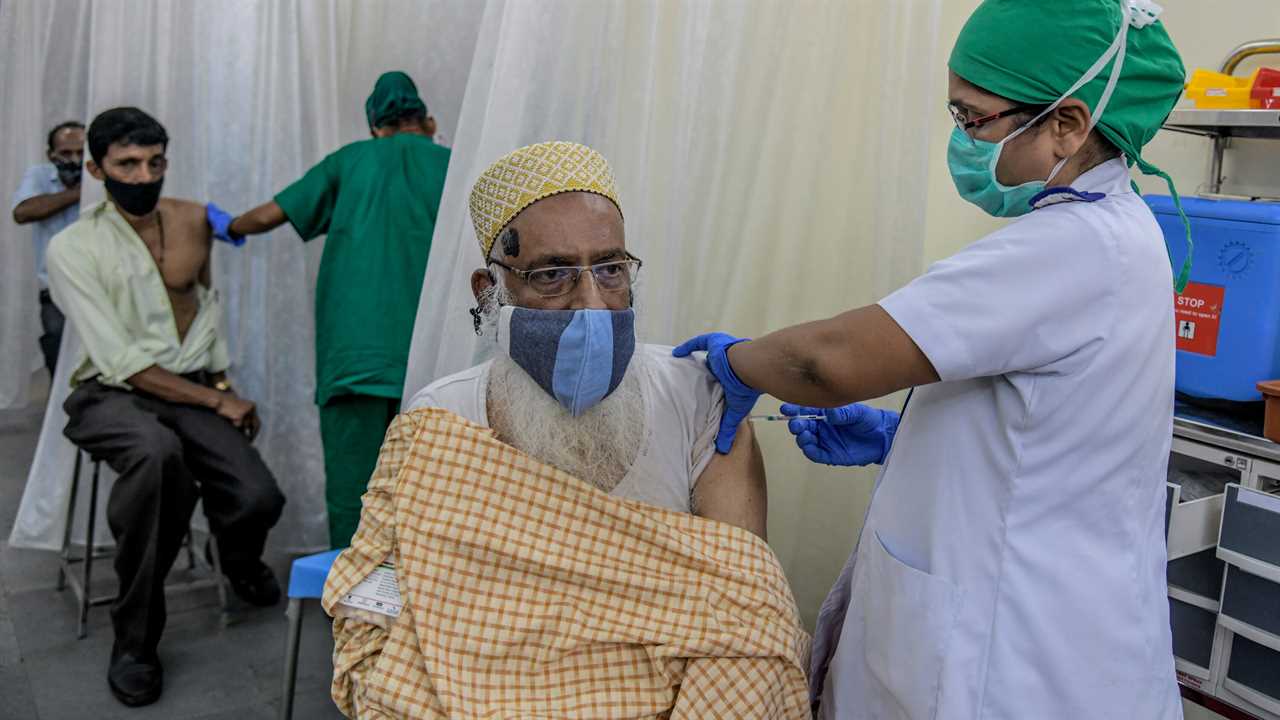
The Biden administration, under intense pressure to address the devastating coronavirus crisis in India, intends to share up to 60 million doses of the AstraZeneca vaccine with other nations, so long as the doses clear a safety review conducted by the Food and Drug Administration, officials said Monday.
The announcement, first reported by The Associated Press, came after President Biden spoke with Prime Minister Narendra Modi of India, “committing that the United States and India will work closely together in the fight against Covid-19,” according to statement from the White House.
But the commitment is a tricky one to make: The AstraZeneca doses are manufactured at the Baltimore plant owned by Emergent BioSolutions, where production has been halted amid fears of contamination. The New York Times has reported extensively on problems at the plant, which had to throw out millions of doses of AstraZeneca vaccine between October and January, and later discarded up to 15 million doses of the vaccine developed by Johnson & Johnson, also because of concern about possible contamination.
AstraZeneca’s vaccine, unlike those of Pfizer, Moderna and Johnson & Johnson, has also not been granted emergency use authorization by the Food and Drug Administration. And the administration would not specify which countries will receive the vaccine.
The situation in India is dire; the country is experiencing what may be the worst crisis any nation has suffered since the pandemic began. Hospitals are overflowing and desperate patients are dying as they wait to see doctors. On Sunday alone, the Indian government reported more than 349,000 new infections, a world record for a single day.
Mr. Biden, who has already released a total of 4 million doses of AstraZeneca vaccine to Canada and Mexico, said last week that he was considering sending more overseas: “We’re looking at what is going to be done with some of the vaccines that we are not using,” the president said. “We’ve got to make sure they are safe to be sent.”
Monday’s move came just a day after Jake Sullivan, the national security adviser, publicly announced a series of steps short of actually providing the vaccine. But as the conversations intensified inside the National Security Council, it became clear that alliance politics, along with saving lives, were all at stake.
Did you miss our previous article...
https://trendinginthenews.com/usa-politics/in-setback-for-trump-doug-collins-will-not-run-in-georgia-in-2022






